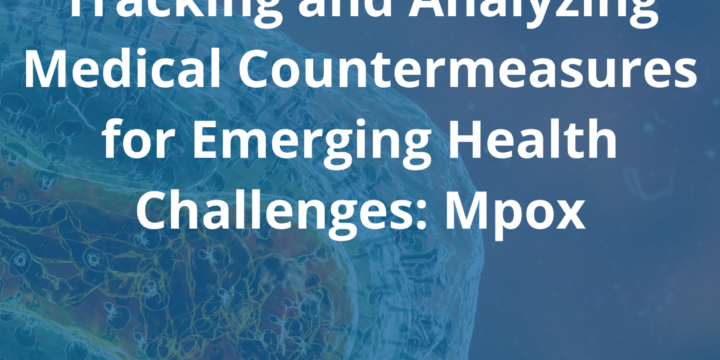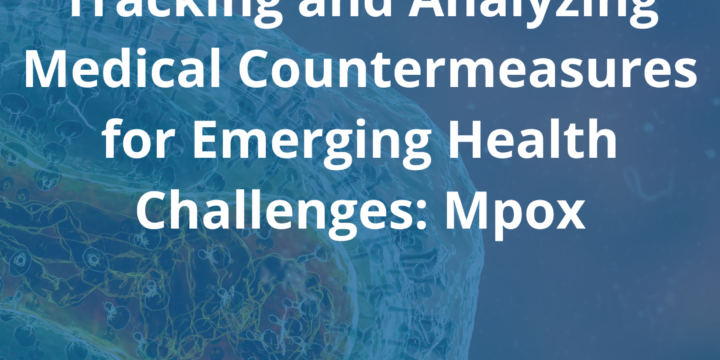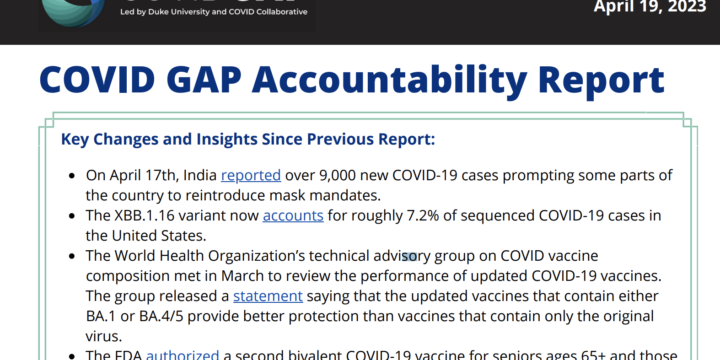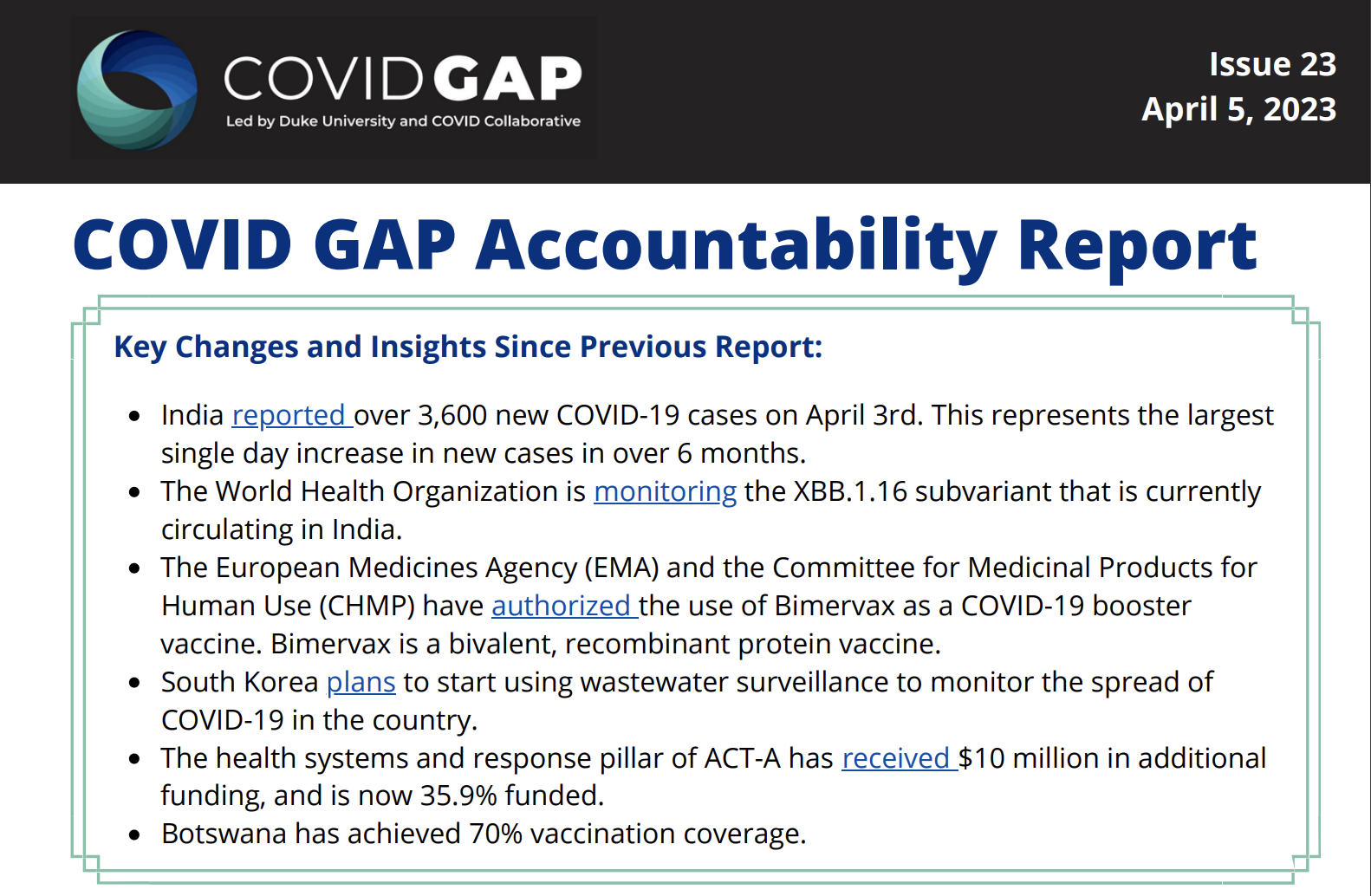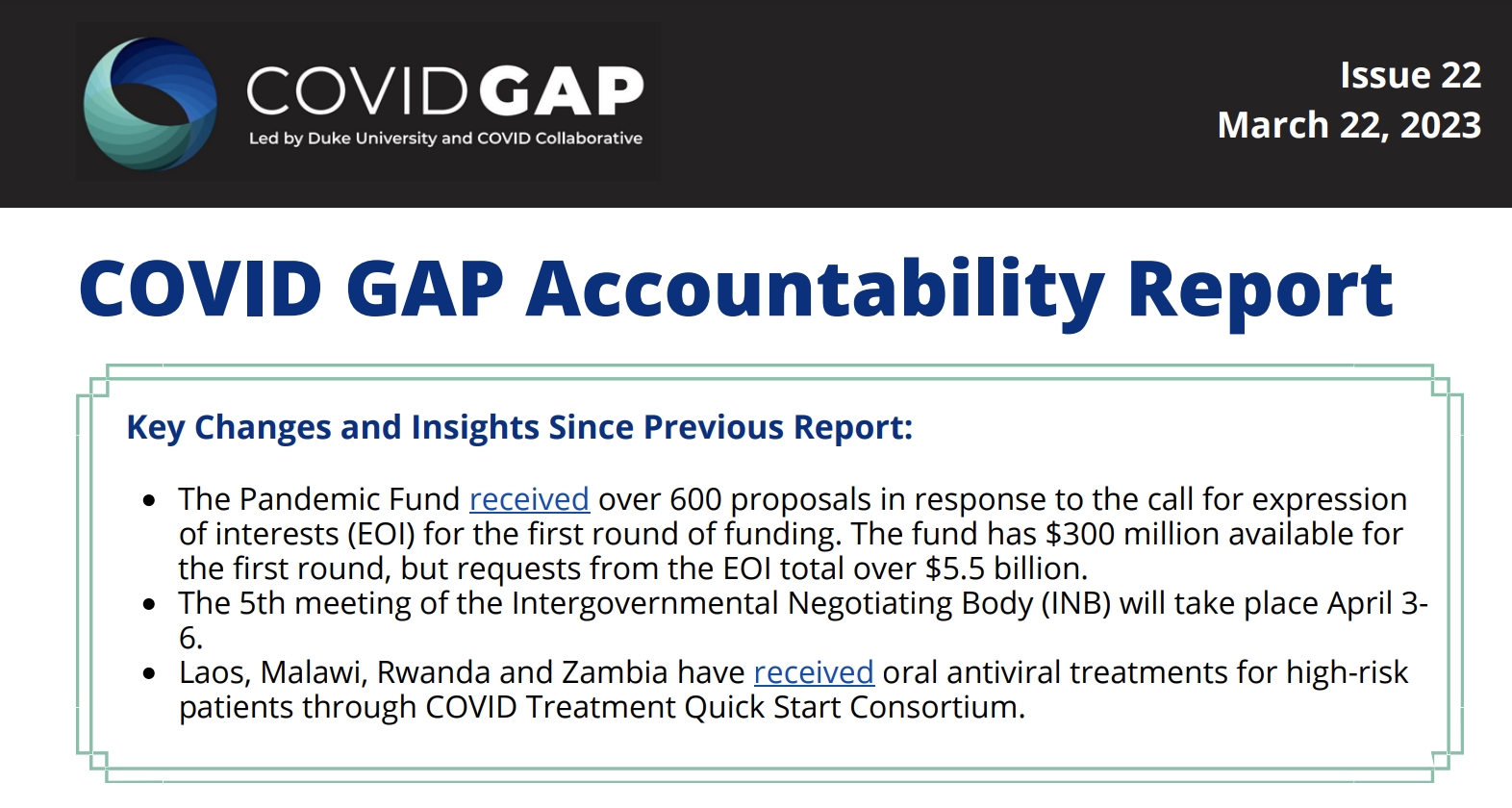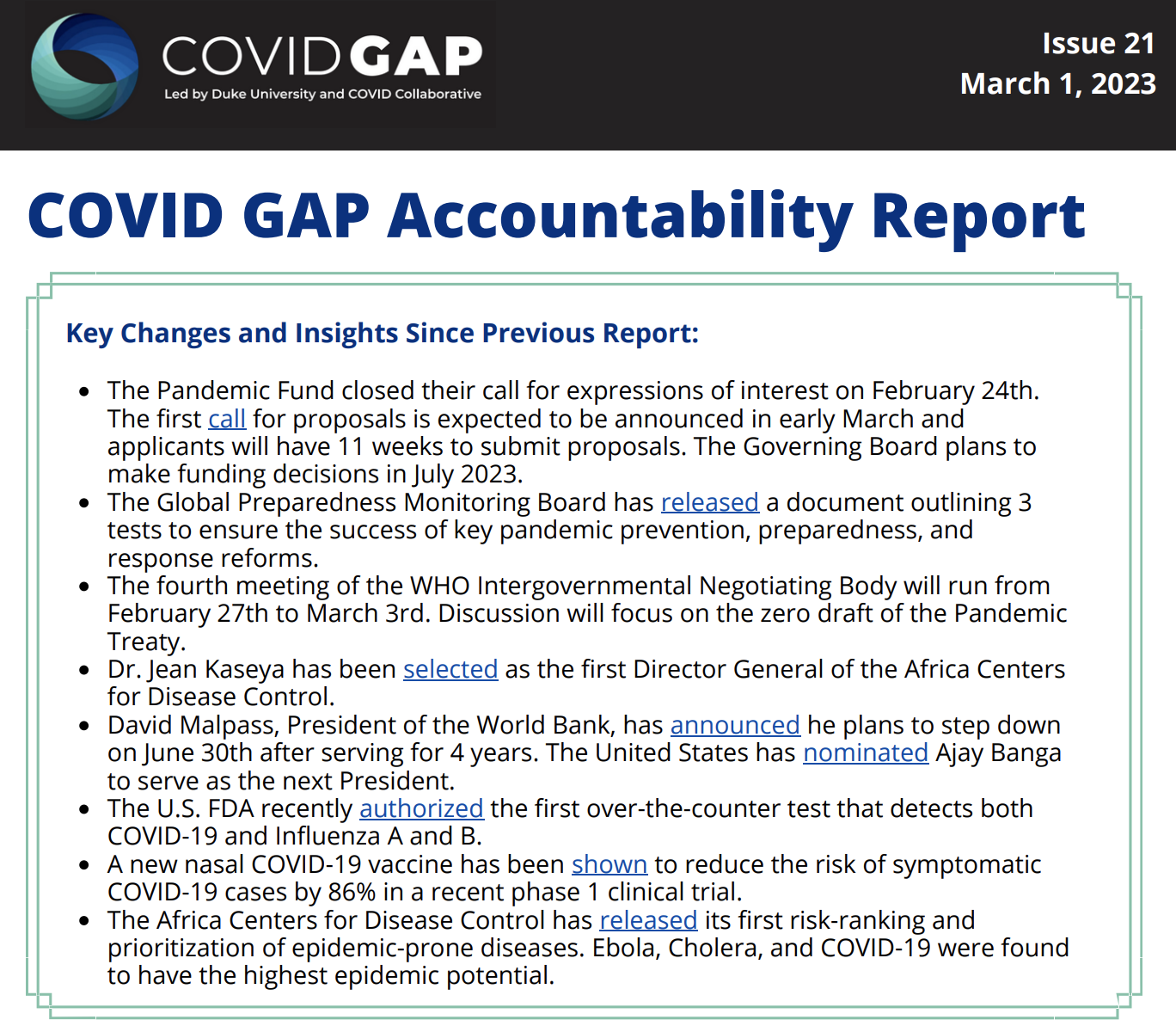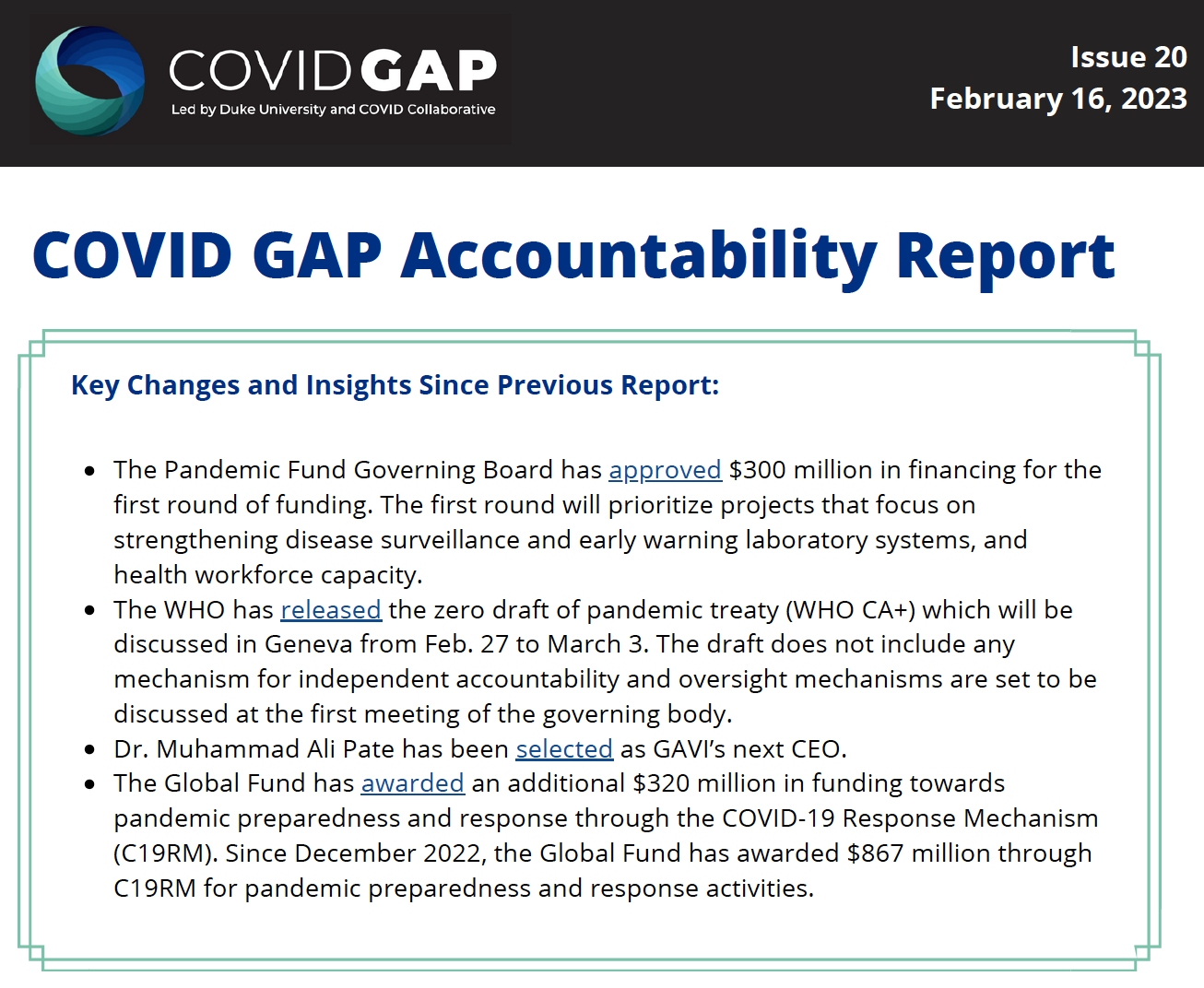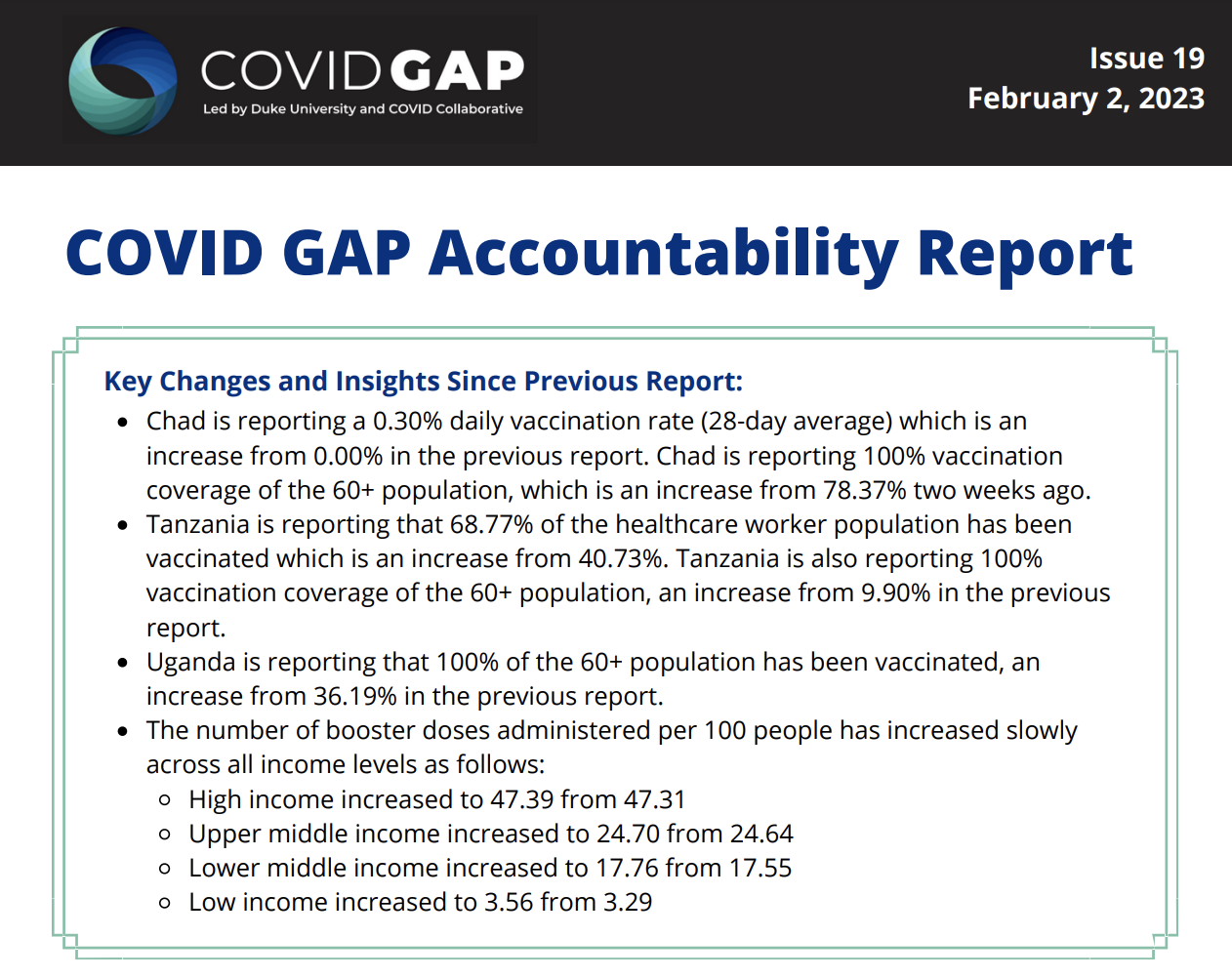
Issue 3: 22 November 2024 | Mpox: Transparency and Accountability for the Global Response
Welcome to the third issue of our biweekly report, “Mpox: Transparency and Accountability for the Global Response.” In this edition, we provide a comprehensive update on the latest developments and insights across all topic areas, featuring our most recent analyses and findings since the last issue. This report will be updated and shared every other week with our community. As always, we aim to serve as an external, independent source for tracking and catalyzing effective actions to meet and increase commitments, and to hold the key stakeholders to account for achieving emergency preparedness and response goals. Access the full report.

